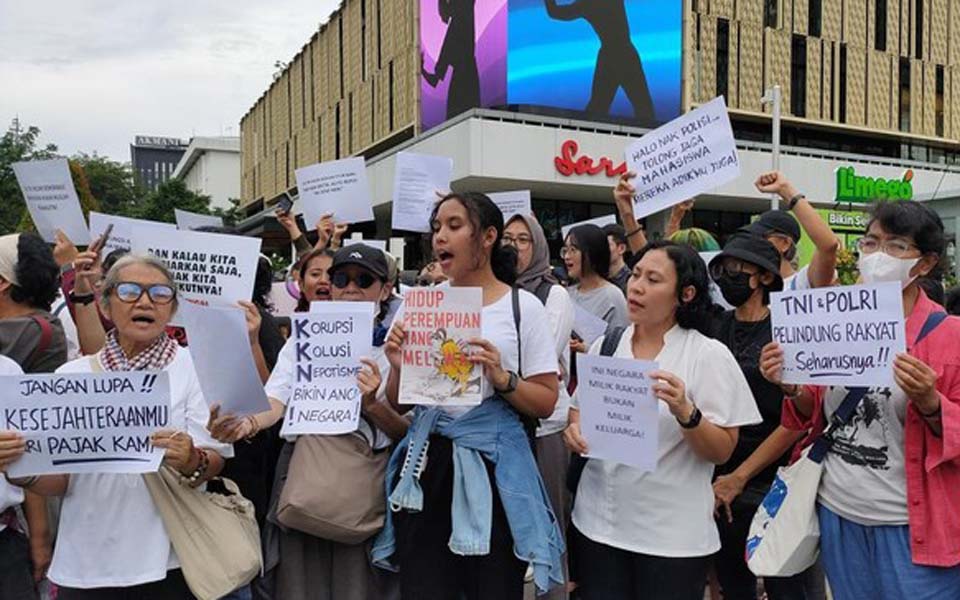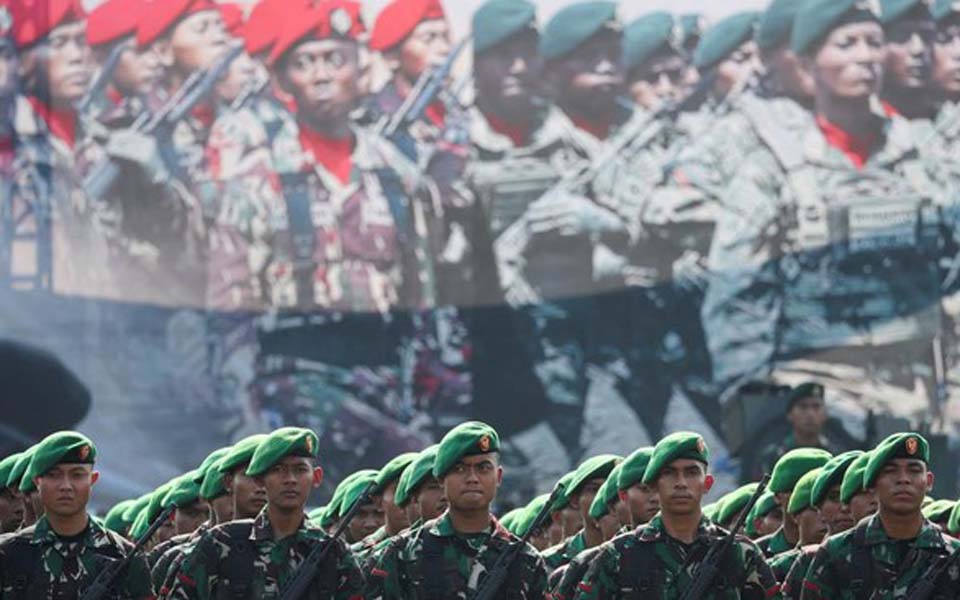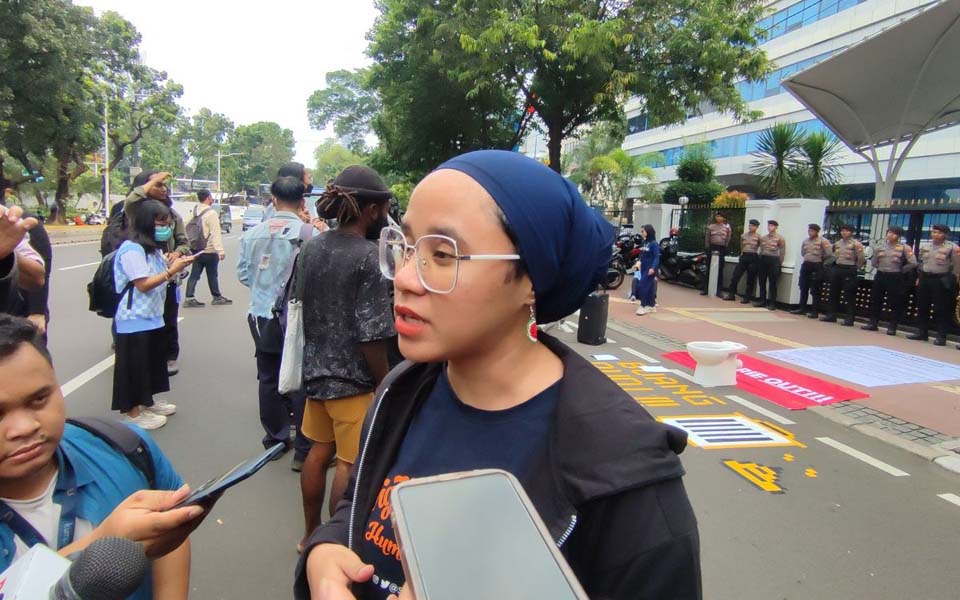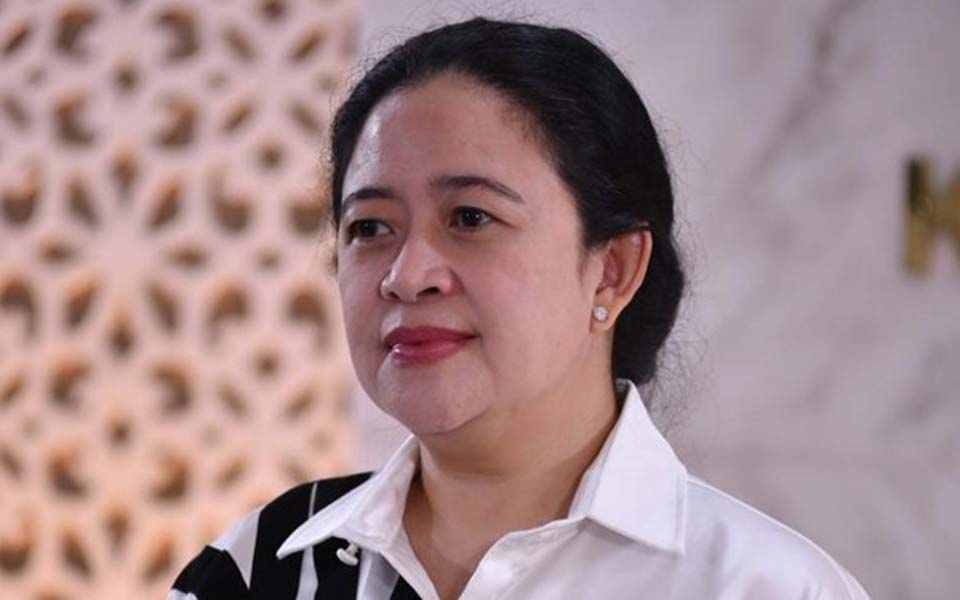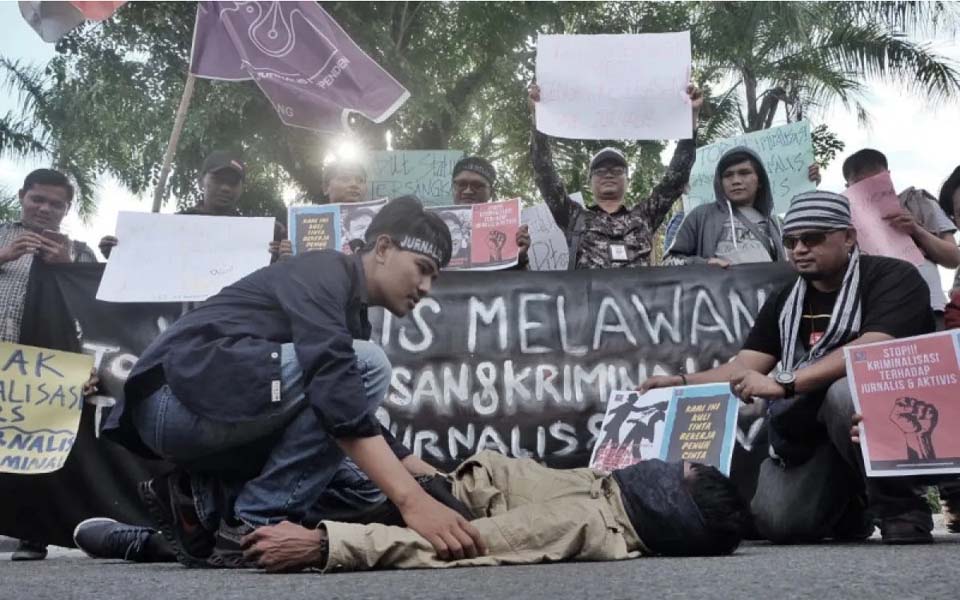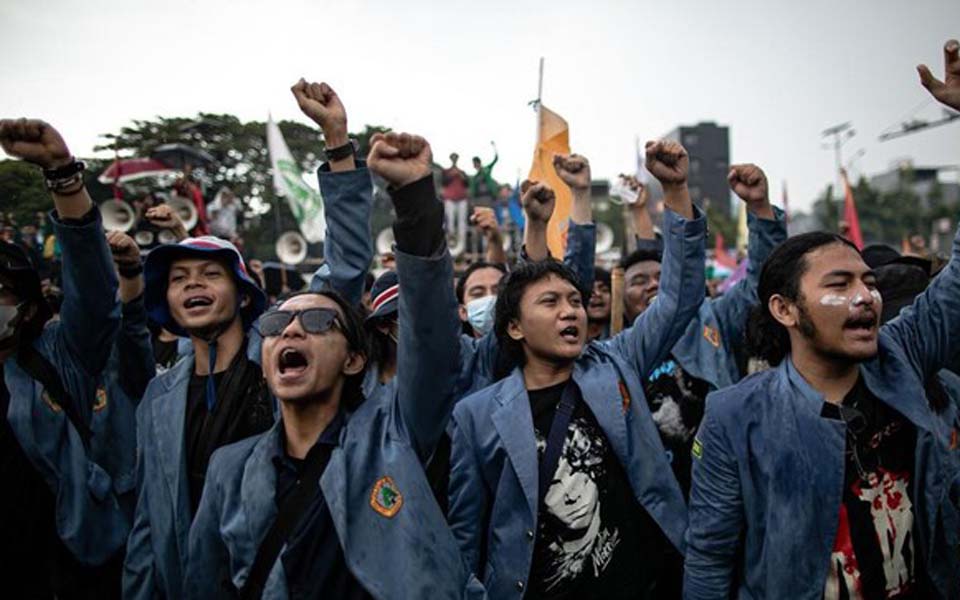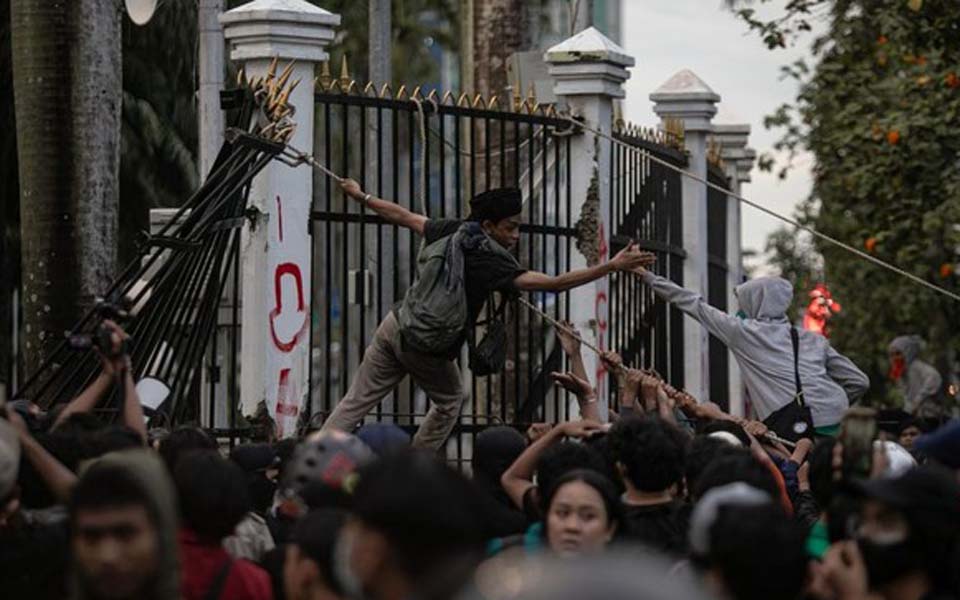Eworaswa, Jakarta – Indonesian Corruption Watch (ICW), the Commission for Missing Persons and Victims of Violence (Kontras) and Indonesian Human Rights Watch (Imparsial) are questioning plans by the defense minister to increase the defense budget by 5.59 per cent (26 trillion rupiah). These concerns were raised in a statement which was issued in a joint press release titled “Questioning Plans to Increase the Defense Budget” at the Kontras’ offices in Jakarta on Monday November 1.
The three non-government organisations disagree with the defense minister’s plan for five basic reasons. Firstly the state’s limited financial situation, bearing in mind the 2005 current account deficit of 0.8 per cent which has yet to calculate in the price of oil which has reached US$54 per barrel.
Secondly, because it is counter productive with the government’s program to increase economic growth. Increasing the budget through tax hikes will reduce the level of public savings and private investment while the alternative of seeking loans is not the solution.
Thirdly, Indonesia is different to the United States which though a war can increase investment in arms industries which absorbs large numbers of workers.
Fourthly, the government has not yet been able to realise the budget needs for other sectors such as education (which should be 20 per cent), healthcare (only at 2.5 per cent) and law enforcement and human rights (only at 1.3 per cent).
Fifth, the level of security threat in Indonesia does not warrant an increase in the defense budget.
They also put forward a number of solutions including increasing defense budget efficiency, reducing spending levels on the TNI AD (army) through progressively abolishing the territorial military commands1 and improving security by clearly separating the duties and powers of the TNI (armed forces) and the police along with trimming the bureaucracy to reduce budget leaks.
Notes:
1. The TNI’s territorial command structure mandates the deployment of military command posts and detachments at all levels of the civil administration: provincial, district, sub- district and village. This structure provides the organisational framework for the TNI to act as a political security force at all levels of society. The five respective commands are: Kodam – Komando Daerah Militer, Regional Military Command; Korem – Komando Resort Militer, Military Command at a level below the residency; Kodim – Komando Distrik Militer, District Military Command; Koramil – Komando Rayon Militer, Sub-District Military Command (Kecamatan) level and; Babinsa – Bintara Pembina Desa, Noncommissioned military officer posted in villages and wards and affiliated with the civilian administration.
[Translated by James Balowski.]







